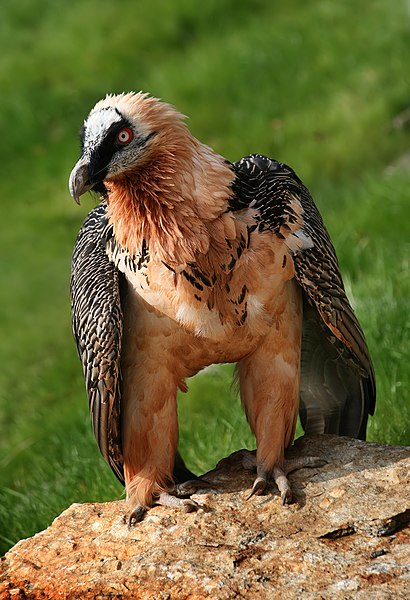julia90
Passione Mediterranea
- Messages
- 1,152
- Reaction score
- 65
- Points
- 48
- Location
- Florence-Lucca
- Ethnic group
- Tuscan-Italian-(European)
- mtDNA haplogroup
- H5b
Albanian language's sound is strange, what i find strange is that they don't pronunce r, like vibrant r, they pronounce it like in english.. infact some months ago i was in the autobus, which is full with albanians, i've never took notice of their language sound, so at first i thought, they must be american or something who talks strange or in dialect, than when i saw them i understood it was albanian.
the language is fashinating.. also i want to know if messapian has similarities with albanian
es of messapian:
klauhi ZisDekias ArtahiasThautouri andirahhodaus apistathi vinaihi
http://en.wikipedia.org/wiki/Messapian_language
the language is fashinating.. also i want to know if messapian has similarities with albanian
es of messapian:
klauhi ZisDekias ArtahiasThautouri andirahhodaus apistathi vinaihi
http://en.wikipedia.org/wiki/Messapian_language





